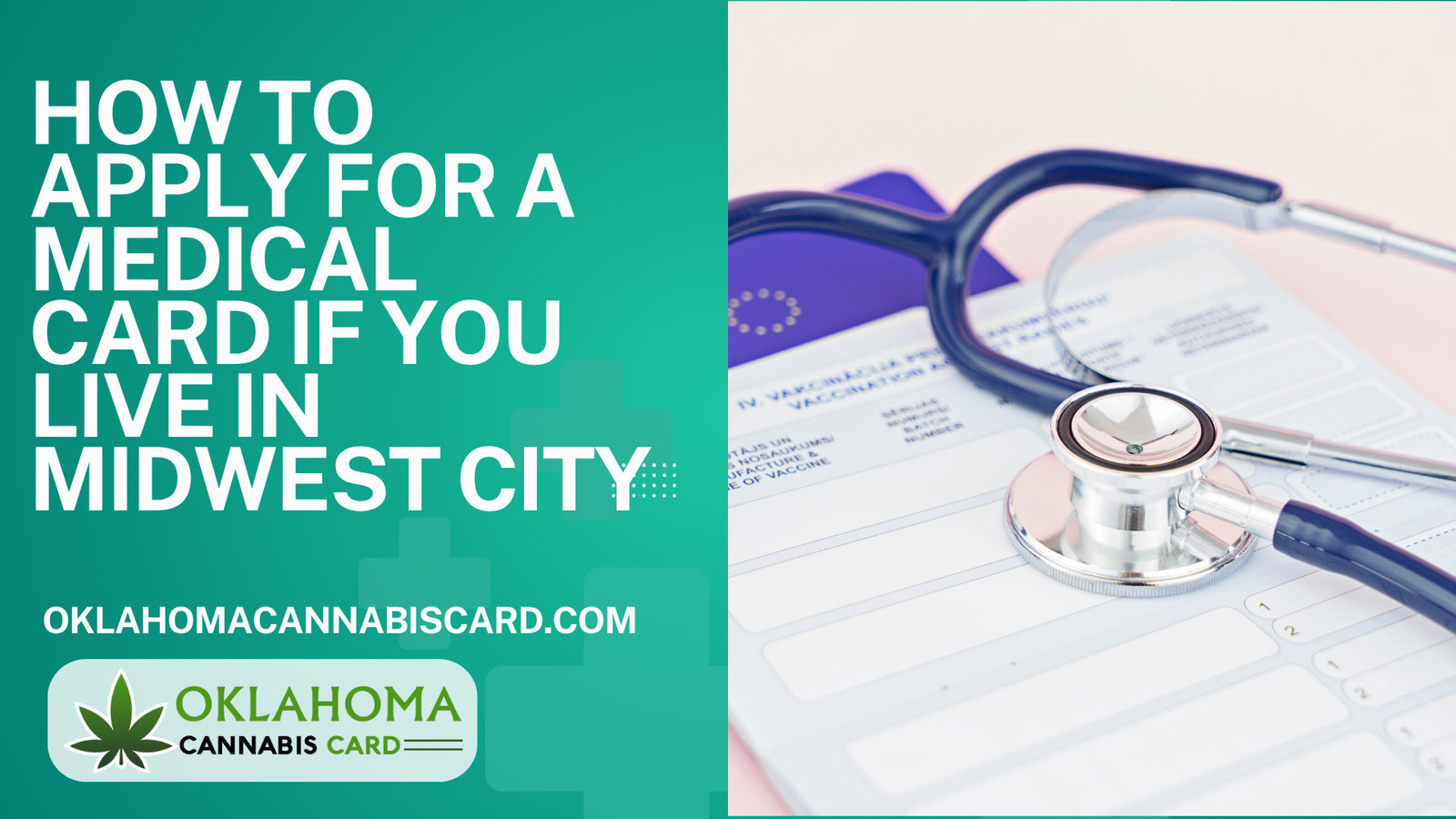
Table OF Content
- 1 Understanding Complex Regional Pain Syndrome
- 2 The Challenge of Treating CRPS
- 3 Cannabis and CRPS: The Potential Benefits
- 4 Research on Cannabis for CRPS
- 5 Types of Cannabis Products for CRPS
- 6 Potential Risks and Side Effects
- 7 Legal Considerations
- 8 Getting Started with Cannabis for CRPS
- 9 The Importance of Comprehensive CRPS Management
- 10 Conclusion
- 11 FAQs
Understanding Complex Regional Pain Syndrome
CRPS is a form of chronic pain that typically affects an arm or a leg. It usually develops after an injury, surgery, stroke, or heart attack, but the pain is out of proportion to the severity of the initial injury. Symptoms of CRPS include:
- Continuous burning or throbbing pain
- Sensitivity to touch or cold
- Swelling of the painful area
- Changes in skin temperature — alternating between sweaty and cold
- Changes in skin color, ranging from white and mottled to red or blue
- Changes in skin texture, which may become tender, thin, or shiny in the affected area
- Changes in hair and nail growth
- Joint stiffness, swelling and damage
- Muscle spasms, weakness, and loss (atrophy)
- Decreased ability to move the affected body part
The Challenge of Treating CRPS
CRPS is notoriously difficult to treat. Current treatment options include:
- Pain relievers
- Antidepressants and anticonvulsants
- Corticosteroids
- Sympathetic nerve-blocking medication
- Physical therapy
- Spinal cord stimulation
However, these treatments are not always effective for all patients, leading many to seek alternative options like cannabis.
Cannabis and CRPS: The Potential Benefits
While research specifically on cannabis for CRPS is limited, cannabis has shown promise in treating various types of chronic pain. Here’s how cannabis might help CRPS patients:
- Pain Relief: Both THC and CBD have analgesic properties that may help reduce the intensity of pain.
- Anti-inflammatory Effects: CBD, in particular, has potent anti-inflammatory properties that might help reduce swelling and inflammation associated with CRPS.
- Neuroprotection: Some studies suggest that cannabinoids may have neuroprotective effects, potentially slowing the progression of nerve damage.
- Muscle Relaxation: Cannabis may help reduce muscle spasms and tension, common symptoms of CRPS.
- Improved Sleep: Many CRPS patients struggle with sleep due to pain. Cannabis may help improve sleep quality and duration.
- Mood Enhancement: Living with chronic pain can lead to depression and anxiety. Some cannabis products may help alleviate these symptoms.
Research on Cannabis for CRPS
While direct studies on cannabis for CRPS are limited, several studies on cannabis for neuropathic pain offer promising insights:
- A 2018 review published in the Cochrane Database of Systematic Reviews found that cannabis-based medicines may increase the number of people achieving 50% or greater pain relief compared with placebo in neuropathic pain conditions.
- A 2015 study in the Journal of Pain showed that low-dose vaporized cannabis significantly decreased neuropathic pain intensity compared to placebo.
- A case report published in Pain Medicine in 2013 described a patient with severe CRPS who experienced significant pain relief with the use of inhaled cannabis.
Types of Cannabis Products for CRPS
Various cannabis products may be beneficial for CRPS patients:
- CBD Oil: A popular choice for those seeking pain relief without psychoactive effects.
- THC:CBD Balanced Products: These may offer enhanced pain relief due to the entourage effect.
- Topicals: Creams or balms infused with cannabis can be applied directly to painful areas.
- Vaporizers: Allow for quick onset of effects and precise dosing.
- Edibles: Offer longer-lasting effects, which can be beneficial for chronic pain conditions like CRPS.
Potential Risks and Side Effects
While cannabis may offer benefits, it’s important to be aware of potential risks:
- Psychoactive effects (with THC-containing products)
- Dry mouth and eyes
- Dizziness or lightheadedness
- Potential interactions with other medications
- Risk of dependence with long-term use
- Cognitive effects, particularly with long-term use of high-THC products
Always consult with a healthcare provider before starting cannabis treatment, especially given the complex nature of CRPS.
Legal Considerations
The legal status of cannabis varies widely depending on location. In the United States, while many states have legalized medical marijuana, it remains illegal at the federal level. This can impact issues such as insurance coverage, travel, and employment. Always check local laws and regulations.
Getting Started with Cannabis for CRPS
If you’re considering cannabis for CRPS, here are some steps to take:
- Consult with a Specialist: Discuss the potential benefits and risks of cannabis treatment with a doctor familiar with both CRPS and cannabis medicine.
- Research Local Laws: Understand the legal status of medical marijuana in your area.
- Choose a Product: Work with a knowledgeable budtender or cannabis nurse to select an appropriate product.
- Start Low and Go Slow: Begin with a low dose and gradually increase under medical supervision.
- Keep a Symptom Journal: Track your pain levels, other symptoms, dosage, and any side effects to help optimize your treatment.
The Importance of Comprehensive CRPS Management
While cannabis may help manage CRPS symptoms, it’s most effective as part of a comprehensive treatment strategy. This may include:
- Physical therapy and occupational therapy
- Psychological support, including cognitive-behavioral therapy
- Lifestyle modifications (diet, gentle exercise)
- Other pain management techniques (e.g., biofeedback, meditation)
- Conventional medications as prescribed by your doctor
Continue to work closely with your healthcare team to develop a holistic approach to managing your CRPS.
Conclusion
For those living with the challenging and often debilitating symptoms of Complex Regional Pain Syndrome, cannabis represents a potentially valuable tool in their treatment arsenal. While research specifically on cannabis for CRPS is still emerging, many patients have found significant relief through cannabis treatment.
However, it’s crucial to approach this option under close medical supervision and as part of a comprehensive pain management plan. CRPS is a complex condition, and its treatment often requires a multifaceted approach.
Remember, everyone’s experience with CRPS and cannabis is unique. Be patient and work closely with your healthcare team as you explore this treatment option. With careful consideration and professional guidance, cannabis may offer new hope in the journey to better pain control and improved quality of life for CRPS patients.
FAQs
1. Can cannabis cure CRPS?
There is currently no cure for CRPS. Cannabis may help manage symptoms, but it doesn’t address the underlying condition.
2. Is cannabis effective for all CRPS patients?
The effectiveness of cannabis can vary greatly between individuals. What works for one person may not work for another.
3. Can I use cannabis alongside my other CRPS medications?
Possibly, but it’s crucial to discuss this with your doctor. Cannabis can interact with some medications, so professional medical advice is essential.
4. How quickly can I expect relief from using cannabis for CRPS?
The timeline for experiencing benefits can vary. Some patients report quick relief, while others may need several weeks of consistent use to notice improvements.
5. Will my insurance cover cannabis treatment for CRPS?
Most insurance companies do not cover cannabis treatments due to its federal legal status. However, policies vary, so check with your insurance provider.






